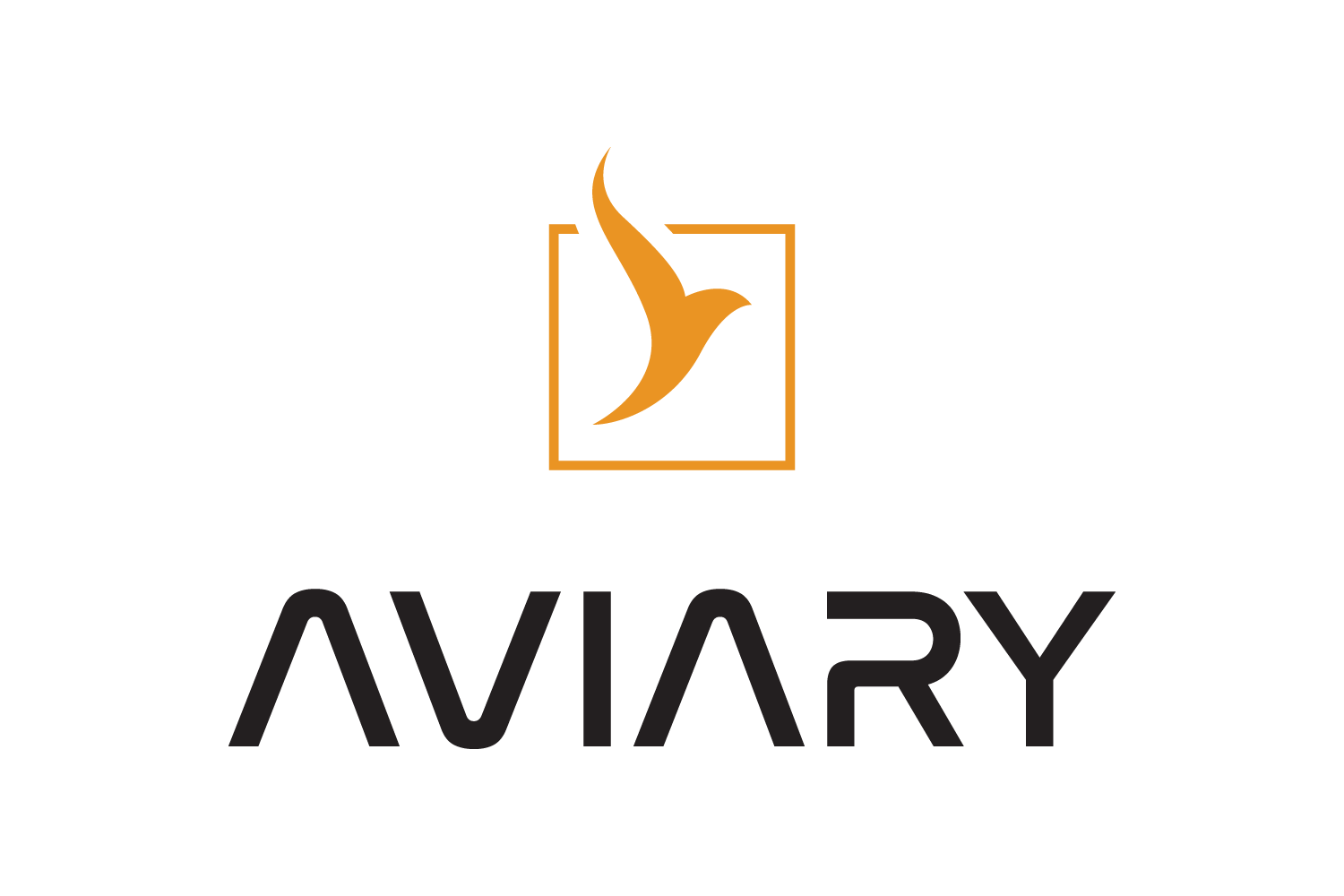Building Metadata#
When working with Aviary models, sometimes it is necessary to extend the Aviary-core variable hierarchy or update existing metadata. The syntax for add_meta_data and update_meta_data can be found below. For a more detailed explanation of metadata please visit this link.
- aviary.utils.develop_metadata.add_meta_data(key: str, meta_data: dict, units='unitless', default_value=0.0, types=None, multivalue: bool = False, option: bool = False, desc: str = None, historical_name=None, _check_unique=True)[source]
Add new meta data associated with variables in the Aviary data hierarchy.
- Parameters:
key (str) – Aviary variable name
meta_data (dict) – dictionary of meta data to add the variable to
units (str or None) – units of measure
desc (str) – brief description of the variable
default_value (any) –
in context, the Aviary value assumed if the variable is missing from options and/or inputs
Note, a default value of None indicates that the variable is optional, but that there is no default.
types (type, optional) – gives the allowable type(s) of the variable in the aviary API. if multivalue is True, this specifies which types individual elements in the list can be. If types is not provided, the type of default_value is used. Numerical data for default_value is assumed to be a float in this case.
option (bool) – indicates that this variable is an option, rather than a normal input
multivalue (bool) – when True, the variable can become an iterable (list, tuple, numpy array) of elements whose type is in types.
historical_name (dict or None) –
dictionary of names that the variable held in prior codes
Example: {“FLOPS”:”WTIN.WNGWT”, “LEAPS1”: “aircraft.inputs.wing_weight”, “GASP”: “INGASP.WWGHT”}
NAMELIST naming convention &<function_name>.<namelist_name>.<var_name>
- Example: &DEFINE.CONFIN.GW
represents the GW variable of the CONFIN namelist as defined in the DEFINE subroutine
COMMON block naming convention, including aliases: <block_name>.<var_name>
- Example: CONFIG.GW
represents the GW variable of the CONFIG common block
Local variable naming convention, including equivalence statements, parameters, and other local declarations: ~<function_name>.<var_name>
- Example: ~ANALYS.GWTOL
represents the GWTOL variable of the ANALYS subroutine
_check_unique (bool) – private use only flag that tells whether to check the meta_data for the pre-existing presence of the provided key. This should only be set to false when update_meta_data is the calling function.
- Returns:
No variables returned by this method.
- Return type:
None
- Raises:
None – No exceptions raised by this method, although other methods called within may raise exceptions.
- aviary.utils.develop_metadata.update_meta_data(key: str, meta_data: dict, units='unitless', desc: str = None, default_value=0.0, option: bool = False, types=None, multivalue: bool = False, historical_name=None)[source]
Update existing meta data associated with variables in the Aviary data hierarchy.
- Parameters:
key (str) – Aviary variable name
meta_data (dict) – dictionary of meta data to add the variable to
units (str or None) – units of measure
desc (str) – brief description of the variable
default_value (Any) –
in context, the Aviary value assumed if the variable is missing from options and/or inputs
Note, a default value of None indicates that the variable is optional, but that there is no default.
option (bool) – indicates that this variable is an option, rather than a normal input
types (type) – gives the allowable type(s) of the variable
multivalue (bool) – when True, the variable can become a list of elements whose type is in types. This is mainly used when there are multiple engine types.
historical_name (dict or None) –
dictionary of names that the variable held in prior codes
Example: {“FLOPS”:”WTIN.WNGWT”, “LEAPS1”: “aircraft.inputs.wing_weight”, “GASP”: “INGASP.WWGHT”}
NAMELIST naming convention &<function_name>.<namelist_name>.<var_name>
- Example: &DEFINE.CONFIN.GW
represents the GW variable of the CONFIN namelist as defined in the DEFINE subroutine
COMMON block naming convention, including aliases: <block_name>.<var_name>
- Example: CONFIG.GW
represents the GW variable of the CONFIG common block
Local variable naming convention, including equivalence statements, parameters, and other local declarations: ~<function_name>.<var_name>
- Example: ~ANALYS.GWTOL
represents the GWTOL variable of the ANALYS subroutine
- Returns:
No variables returned by this method.
- Return type:
None
- Raises:
None – No exceptions raised by this method, although other methods called within may raise exceptions.

